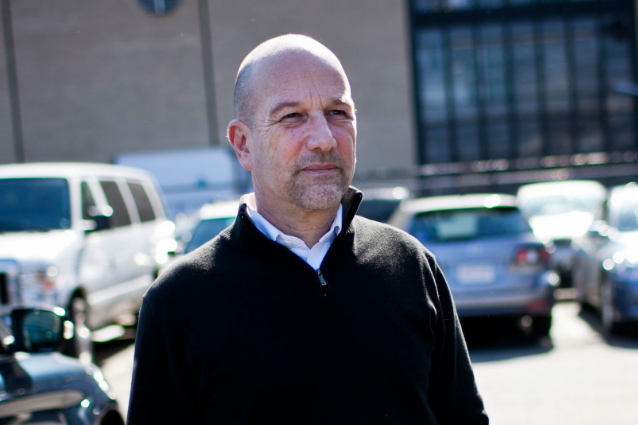
Since the end of World War II, the world has seen a dizzying rise in material consumption, with a corresponding rise in levels of waste, pollution, and environmental damage from extraction, manufacturing, and shipping. Neither technological advances nor gains in efficiency have proven sufficient to offset demand or create a cycle of sustainable consumption. Facing a lack of coherent federal policies, US cities find themselves on the front line of sustainability policy and practice.
“Fostering Sustainable Consumption” is a research project that charts the progress that US cities have made toward sustainable consumption and examine the many barriers they have encountered. Professor Eran Ben-Joseph, head of the Department of Urban Studies and Planning, and PhD student Lily Baum Pollans are directing the project and intend to use the research to produce concrete policy direction at both the municipal and federal level.
Spearheaded by the late DUSP professor Judith Layzer and funded in 2015 by a seed grant from MIT’s Environmental Solutions Initiative, the project analyzes best practices in 285 US cities and counties, looking first at waste managers, then at sustainability offices, economic development offices, and other municipal programs that support activities vital to sustainability. It also gauges the extent to which government policies support or impede the implementation of successful sustainability.